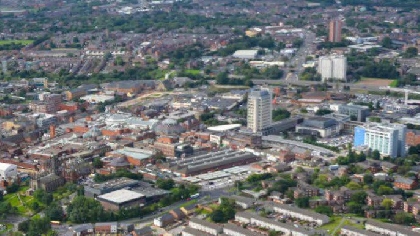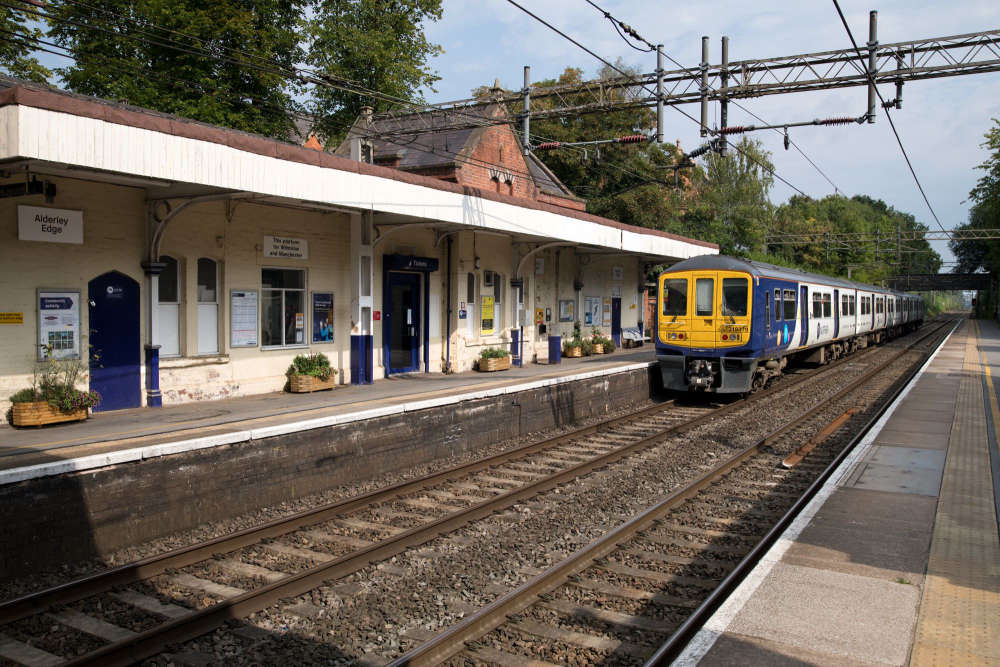
As the number of pot-hole related breakdowns surge across the country, statistics recently released by the Department for Transport reveal the winners and losers of road quality.
Derbyshire has some of the worst roads in all of the country, with a shocking two-thirds of highways in need of repairs last year. Meanwhile only two pc of roads in Sunderland, Stockton-On-Tees and Middlesbrough were in a poor state.
So how does Greater Manchester stack up?
One in every ten roads across the region was in a dire state last year, with concerns that some roads will ‘literally crumble away’, according to RAC.
Greater Manchester authorities followed the same pattern as the rest of the country, where the amount of maintenance being carried out on roads has been falling in the last few years.
Apart from Oldham and Stockport, every single local authority in GM saw their minor roads – which councils are responsible for – worsen between 2022 and 2023.
And six of the boroughs have seen no improvement or a deterioration of the number of roads needing repair for the last five years, according to DfT figures.
But even among GM districts, the picture is mixed.
It may come as no surprise to commuters that central Manchester takes the crown for the worst roads in GM. At least 17 pc of roads are in a poor state – meaning almost one in five have potholes or damage of some description.
Around half of those roads are minor roads looked after by Manchester City Council.
But councillor Tracey Rawlins, the council’s head of environment and transport, said: “Every year the council assesses and grades roads based on their condition and which will require improvement works – this allows us to keep on top of maintenance and ensure that the majority of roads are kept in a good and importantly, a safe state of repair.”
The city does see the highest level of vehicle traffic flowing through the area out of all the boroughs, meaning their roads are more likely to suffer wear and tear.
Bury meanwhile has a much lower number of roads – 116 in total – but more than 13 pc of them are in a poor condition.
Trafford came in as the borough with the third highest number of defective roads with 12 pc. A spokesperson for the local authority argued that the council was doing as much as they could while limited by council finances.
Since 2022, the local authority has spent almost £5m on more than 300 road repair schemes.
The spokesperson said: “The current programme has seen over 100 completed schemes out of 120 schemes, while more than 200 schemes were completed in 2022/23.
“More funding from the Government would mean we were able to fix more potholes.”
More than 11 pc of Salford roads were in disrepair last year, as were one in ten roads in Stockport, according to the DfT statistics. But Stockport also saw the biggest level of improvement in their roads out of all of the boroughs.
Within the last five years, the number of crumbling roads reported each year has been slashed in half by the local authority.
Around seven pc of Rochdale roads need fixing, while Bolton and Tameside scramble to repair eight pc of theirs.
Oldham has the second-best roads in the region. Despite much discontent about the eighteen-month closures on the Oldham Way, only around five pc of the borough’s roads are in need of repairs.
But it’s the residents of Wigan who have the smoothest drives. Only three percent of their roads are in need of maintenance. That’s around six roads out of a total of 194 in the borough.
Councillor Paul Prescott, Trafford Council’s transport boss, said: “We spend just short of £1million on identifying and repairing potholes, with over 98% of emergency repairs completed on time.
“Our roads are ranked as some of the best both regionally and nationally as a result of our planned maintenance program where we invest around £5 million a year.”
Across Greater Manchester, there’s still a lot more that needs to be done to get the road system up to scratch. The works are urgently needed, as the number of pot-hole related breakdowns are spiralling.
In the last few months, they hit an all-time high, according to insurance company RAC.
But with belts tightening after a round of difficult budgeting decisions, councils have had to make difficult decisions about even some basic services from road improvements to park maintenance.


 A decade of dogged devotion
A decade of dogged devotion
 Local businesses encouraged to 'set up shop' on rail stations
Local businesses encouraged to 'set up shop' on rail stations
 Outstanding Success for Radclyffe School Alumni with Oxbridge Offers
Outstanding Success for Radclyffe School Alumni with Oxbridge Offers
 Fostering agency applauded by Ofsted
Fostering agency applauded by Ofsted


